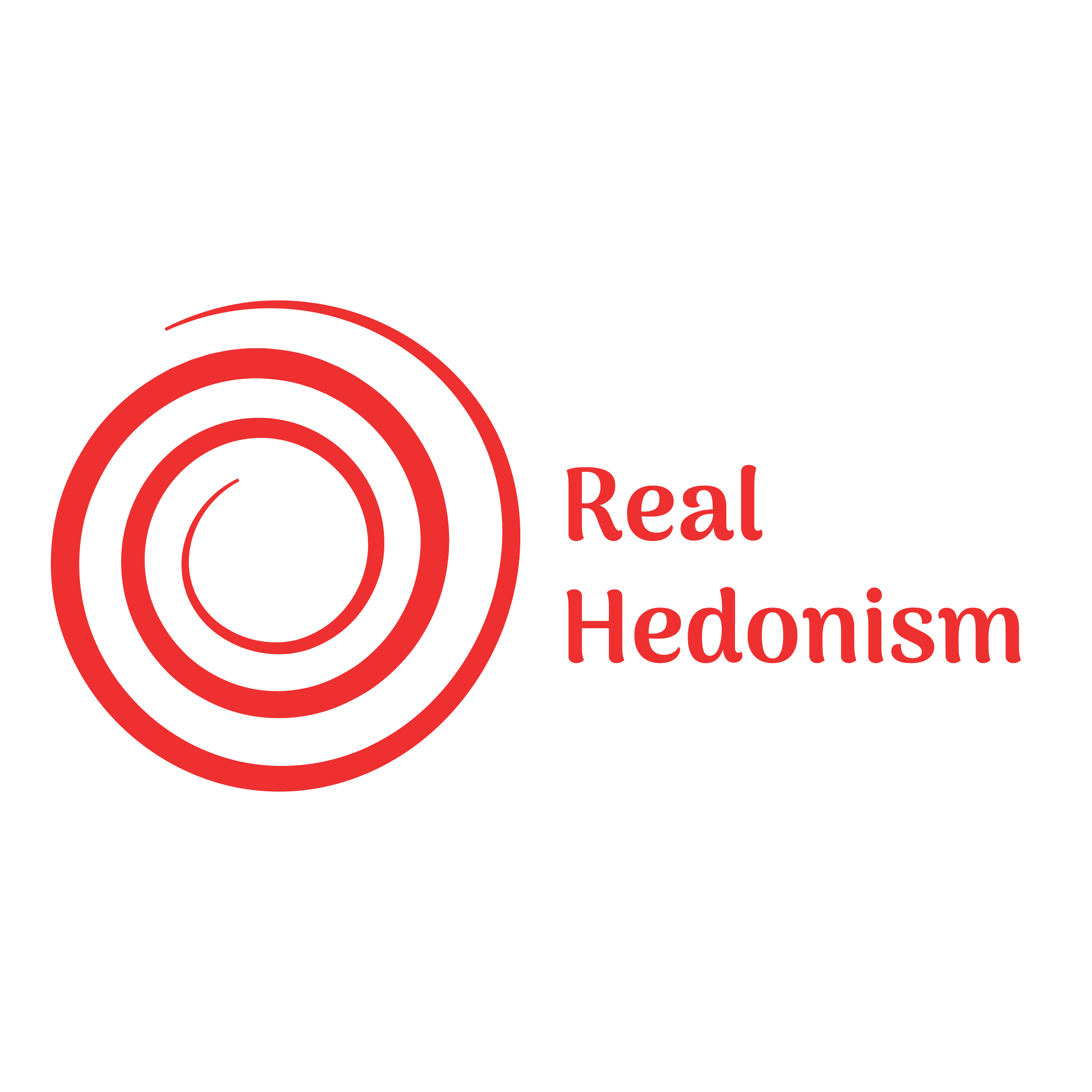Carrot Society
There is a widespread myth propagated by conservative ideology about what motivates people. It often is brought up to attack the idea of creating paradise on Earth. It’s the idea that if you simply give people the necessities of life, they will become lazy and unable to take care of themselves. Their logic dictates that people will only do work that contributes to society if they are afraid of what will happen to them if they don’t. This belief about people and what motivates them is, for lack of better words, horse bukkake.
People report doing their best work when they are doing something that they really enjoy. They also report being happiest when they are enmeshed in a community and do their part to make people inside of the community feel good. Helping others and doing things we love should obviously be better motivators for contributing to society than the bleak alternative of trying to make enough money to not starve. But the realization that this conservative ideology is not in line with our best future is not just intuitive, it is well represented by a study of how we make decisions.
There is something called Hedonic motivation. It is the overwhelmingly simple and inescapably true notion that we move toward pleasure and away from pain. It is the baseline for all of our actions as mammals and the bedrock of our beliefs as Hedonists. I was recently reading The Influential Mind by Tali Sharot and came across something very interesting about Hedonic motivation (which Sharot refers to as the law of approach and avoidance): several studies show that the possibility of pleasure often pushes us toward action while the possibility of pain often elicits a response of inaction.
When applied to decision making, approach and avoidance is captured by thinking in terms of carrots and sticks. Many people get caught up in arguments about whether carrots or sticks are more effective motivators, but this misses the fact that they can both be useful, just typically for different reasons. If you want people to do something, give them carrots. This will turn on the reward centers in their brains and tell them to act. If you want people to not do something, threaten sticks and they will freeze. (If you want the full download on the science, read Sharot’s book and the studies she explores.)
In the context of trying to design a society that can usher in paradise on Earth, this information is hugely important. Conservative logic tells us that giving people the necessities of life will make them lazy and uninterested in contributing to society. This is the argument consistently used to try and trash any ideas that are even remotely socialist. But what we are learning about the law of approach and avoidance tells us that if people are afraid of not having enough money to pay their rent or put food on the table, they may be less motivated to do anything more than the bare minimum.
The constant stress about literally surviving might not stop people from doing what is necessary to make sure their basic needs are met, but it is likely to stop them from truly thriving and giving their gifts to the world.
If we want to create paradise on Earth, we will need all hands on deck. This means everyone using their unique gifts to the fullest of their ability. While people are stuck stressed out about needing to pay for mere existence, it is near impossible that their creative genius—whether it is in regard to a new factory automation software or mindful, healing massage—will be unlocked.
Taking care of everyone could look a lot of different ways. It may look like a Universal Basic Income in a Capitalist society or a full-scale transition to a Communist one. Perhaps it is even something that none of us have yet imagined. For now, the important piece isn’t how we are going to create a society where everyone is taken care of, but holding the belief that creating such a society—one built around carrots instead of sticks—is the only sensical path forward.

